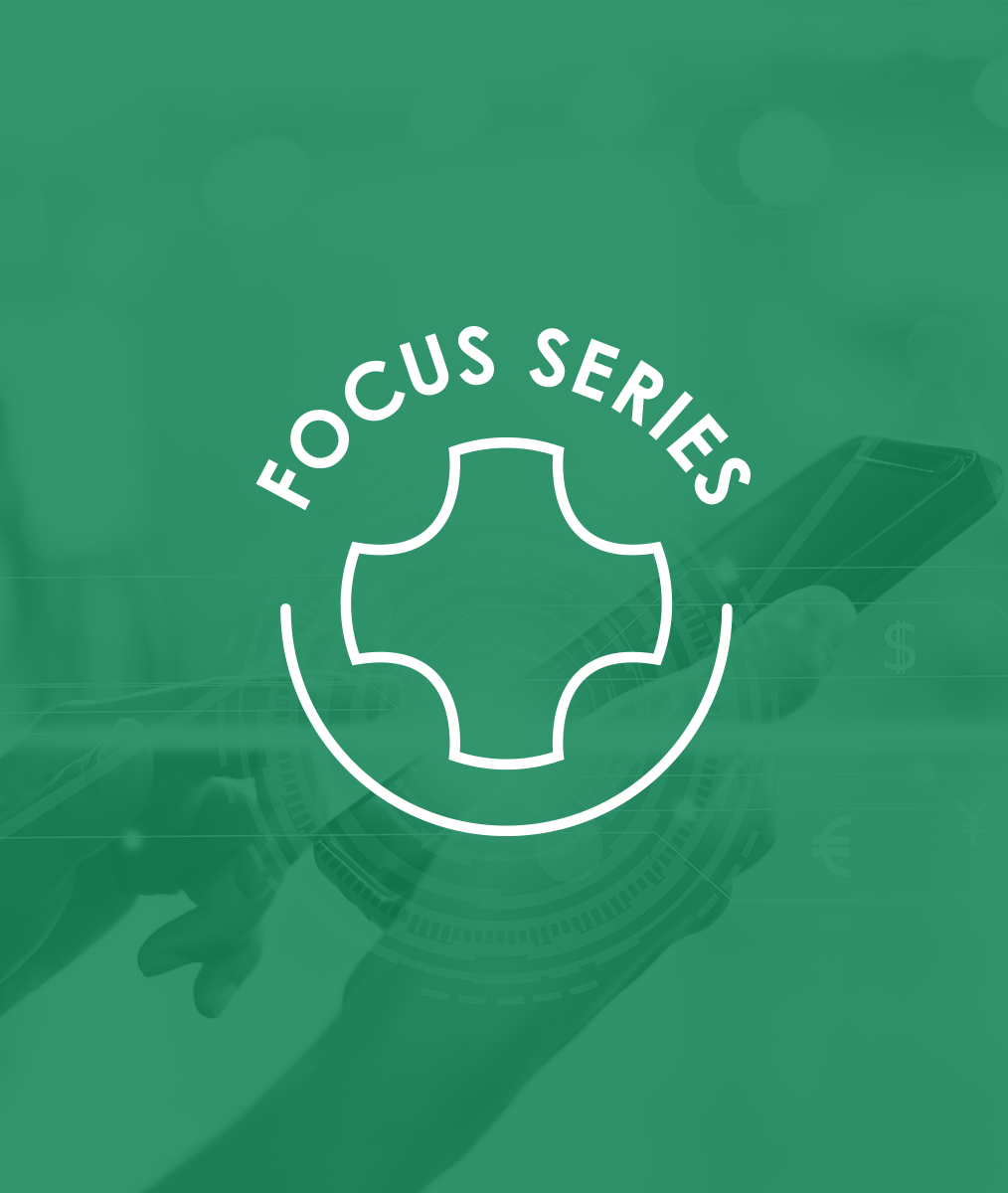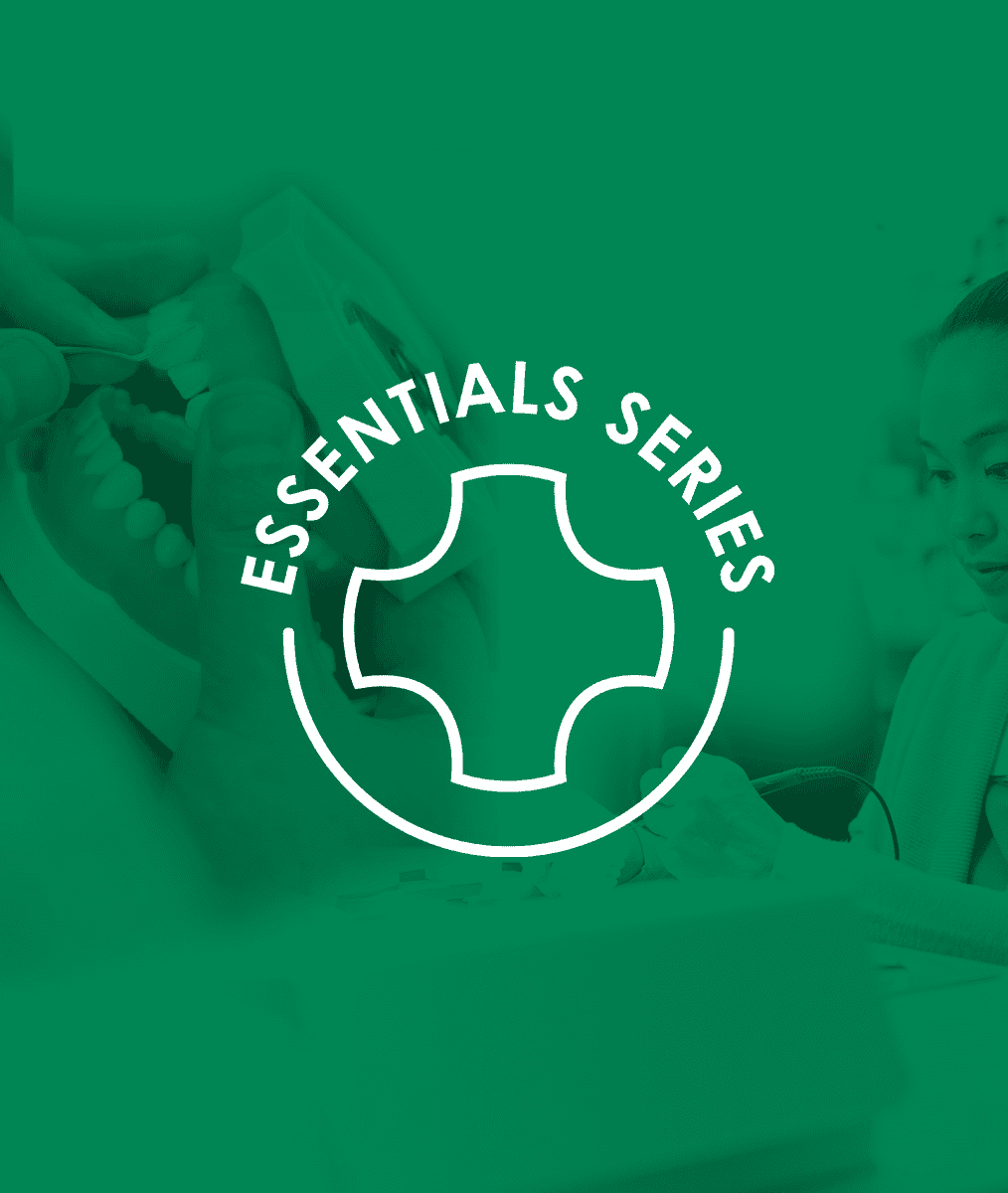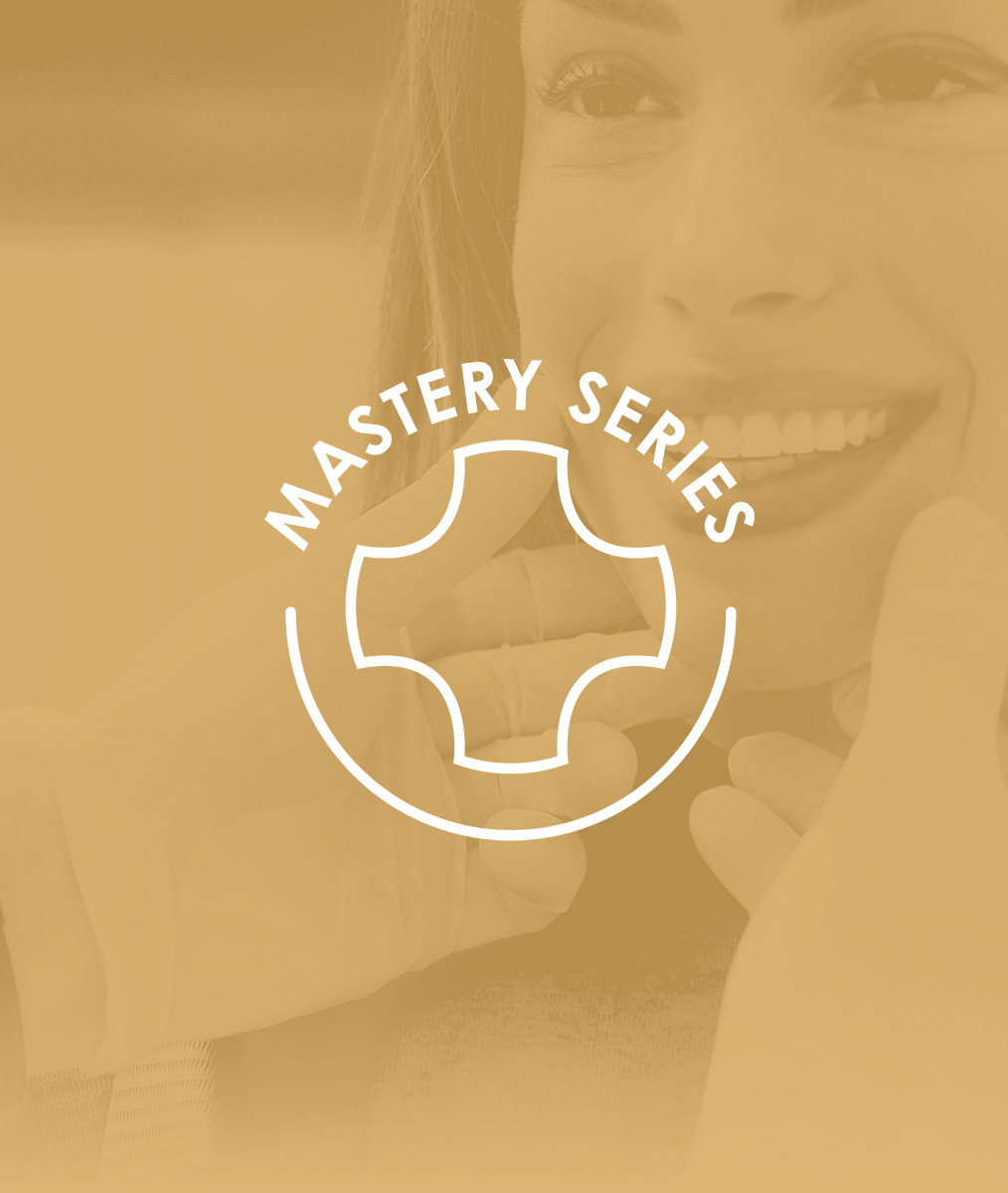I Am, Therefore I Think
Cogito, ergo sum is a philosophical proposition developed by René Descartes translated as “I think, therefore I am.” The proposition went on to become a fundamental element of a developing secular Western philosophy. Descartes asserted that the very act of doubting our own existence served as proof that we exist.
But that’s pretty thin gruel.
I believe Descartes got it backwards. I contend that he should have said, “I am, therefore I think.” Each of us has been given an amazing gift. In fact, we’ve been given many gifts such as life itself, but I am referring to the gift of thought and contemplation. And it’s a gift which can either “make us” or paralyze us into a state of inaction and failure.
Success in practice today comes down to one thing and one thing only. Those of us who master the ability to think and solve problems quickly and efficiently with foresight will ultimately win the game, set, and match. The rest will be marginalized, consumed, controlled, oppressed, and limited by third parties.
Our brains work like an executive committee of three members, each with its own primary purpose, which either work in harmony to achieve great things or which work at counter-purposes on a level that is counter-productive or even self-destructive.
Our executive committee is made up of:
- A primal “reptilian” brain which is focused on very basic functions and maintenance.
- A rapid pre-cognitive information gathering, analysis, and response system designed for the purpose of self-preservation, known as the limbic system.
- A super-computer information processing system that can take new and stored information, reorganize it and then CREATE things like the Declaration of Independence or the Toccata and Fugue in D minor. It’s called our “prefrontal cortex.” It’s our brain’s CEO.
How well we are able to coordinate these three aspects of our mind largely defines our future. And that coordination is only possible when we are clear about our central purpose in life and practice. Have you become clear about who you are…what you want for yourself…what you want for others? What are the sacrifices you are willing to make to achieve them? And how will others benefit from it all? These are the kinds of questions that help keep our executive committee on the right course, allowing it to be adaptable, as well as progressive in a rapidly changing marketplace.
L.D. Pankey taught us that creating a written practice philosophy was the most important step in building the practice of our dreams. Why? Because it puts our executive committee on-task and keeps it there.
“I think, therefore I am,” or “I am, therefore I think?” Understanding the distinction and leveraging it will make all the difference in the world.
Related Course
Creating Financial Freedom
DATE: March 6 2025 @ 8:00 am - March 8 2025 @ 2:00 pmLocation: The Pankey Institute
CE HOURS: 16
Dentist Tuition: $ 2795
Single Occupancy with Ensuite Private Bath (per night): $ 345
Achieving Financial Freedom is Within Your Reach! Would you like to have less fear, confusion and/or frustration around any aspect of working with money in your life, work, or when…
Learn More>














